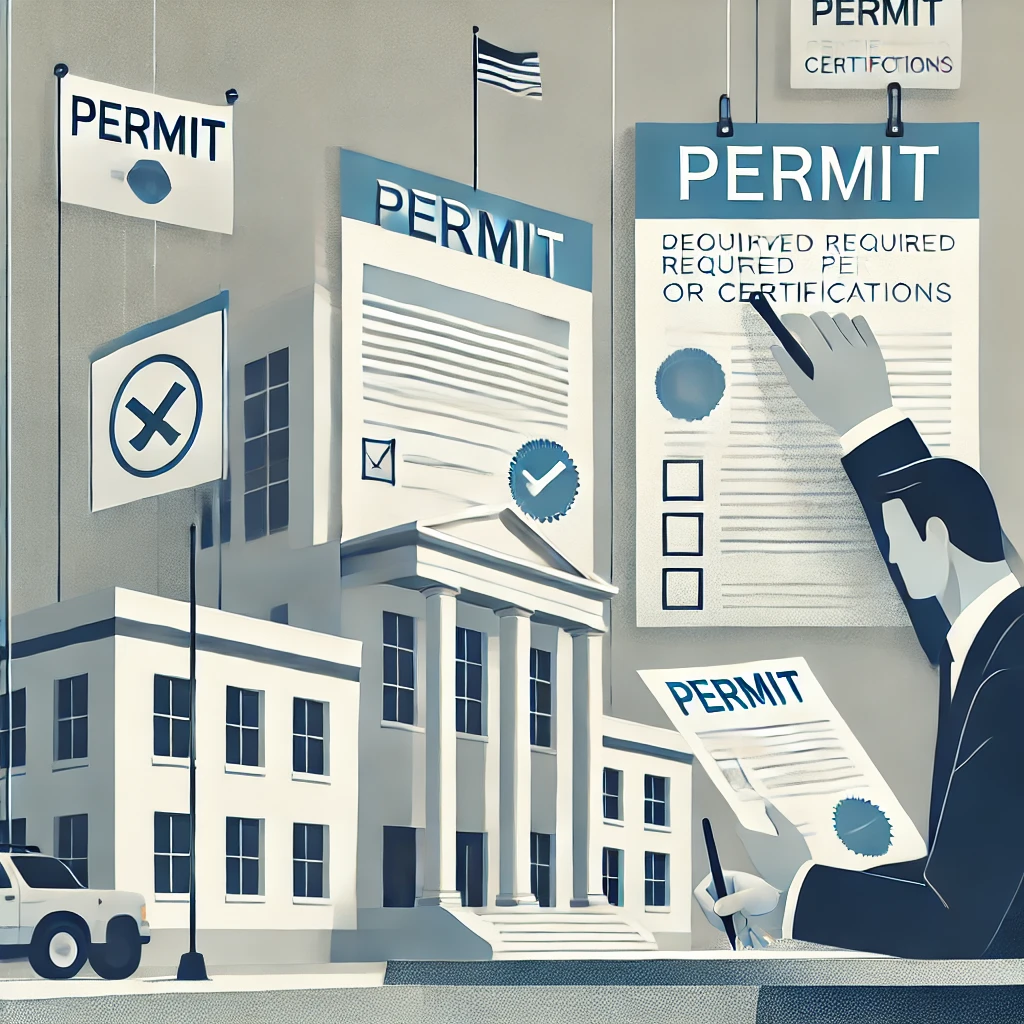Legal and Regulatory Compliance
Ensuring you meet all local, state, and federal requirements is crucial for a smooth real estate transaction. Below are key steps for verifying legal compliance and avoiding potential legal pitfalls.


Prepare All Necessary Legal Documents Work with an attorney to draft or review contracts, disclosures, and any other required paperwork.
Why It Matters: Incomplete or incorrect documents can result in legal disputes or delays.
Helpful Resource:
LawDepot Legal Templates
Who to Talk To: A real estate lawyer or qualified legal professional

Obtain Required Permits or Certifications Ensure any remodeling, additions, or changes have proper permits.
Why It Matters: Unpermitted work can lead to fines, forced demolition, or complications in resale.
Helpful Resource:
State Government Resources
Who to Talk To: Local building department or planning commission

Comply with Local Laws and HOA Rules — Check if the property is under a Homeowners Association or other local regulations.
Why It Matters: Violating HOA bylaws or local ordinances can incur fees or legal action.
Helpful Resource:
Community Associations Network
Who to Talk To: HOA board members or local municipal offices

Consult a Real Estate Attorney Professional guidance helps navigate complex legal requirements.
Why It Matters: Mitigates the risk of lawsuits or contract breaches down the line.
Helpful Resource:
American Bar Association
Who to Talk To: A local attorney specializing in real estate law





